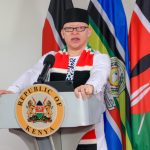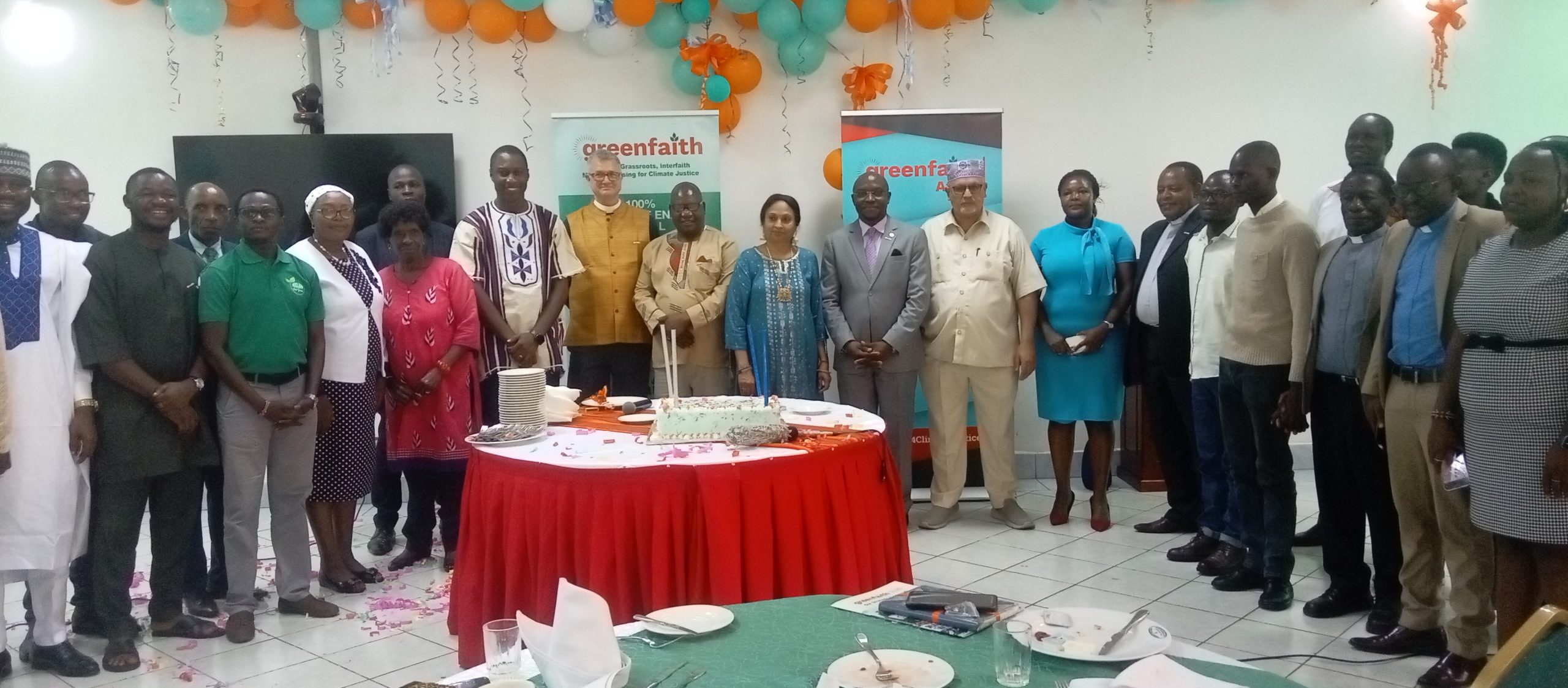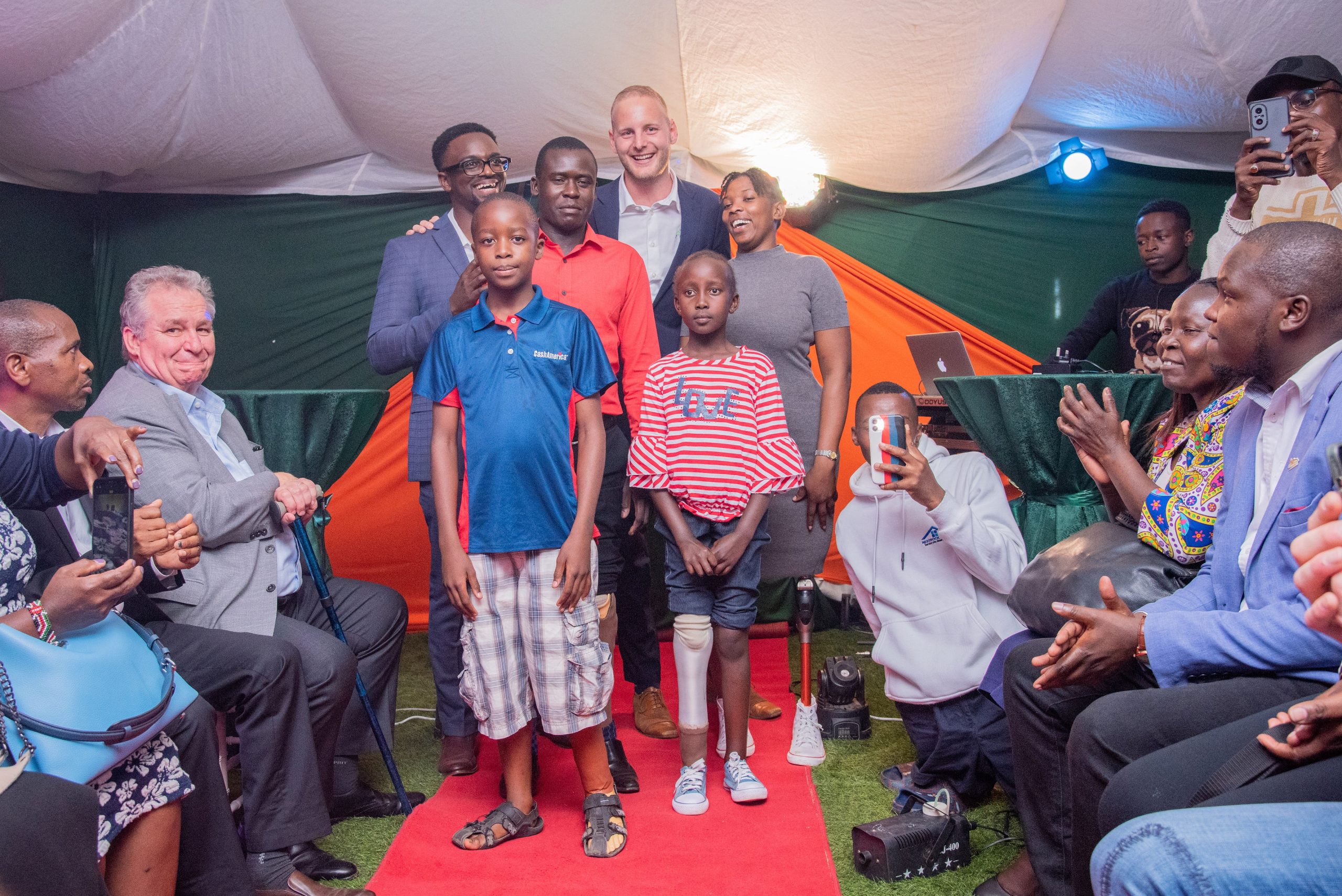By Eddah Waithaka
In the wake of a troubling surge in the murders of women in Kenya, The Voice for Women and Girls’ Rights—a collaborative initiative by Journalists for Human Rights Kenya, Uskimye, the Coalition for Grassroots Human Rights Defenders-Kenya, and the #ENDFEMICIDEKE Movement held a workshop in Nairobi to stand united in horror and outrage.
“We unequivocally condemn these acts of fermicide and urgently call upon all duty bearers to put an end to these gross violations and protect the lives of women and girls,” read a statement released on 25th of November.
This year, government data reveals that more than 100 women have been killed, underscoring a troubling trend that goes beyond individual acts of violence. The recent surge in brutal murders points to a pervasive societal issue that exposes women not only to alarming levels of gender-based violence but also to significant violations of their human rights and freedoms.
The Constitution of Kenya 2010 guarantees the right to life in Article 26(1) and ensures equality before the law in Article 27(1), allowing for the full enjoyment of rights and fundamental freedoms. However, systemic violations of these rights are undermining the citizenship of Kenyan women and girls, forcing them to live in fear in both private and public spheres.
Read Also :https://switchmedianews.wordpress.com/2024/11/28/kenya-hosts-the-fourth-harm-reduction-exchange-as-the-focus-centers-on-science-driven-regulations/
“While we appreciate recent public acknowledgement from senior government officials induding the President of the Republic of Kenya, we believe government actions towards addressing gender- based violence need to match public declarations. We therefore call on the Government of Kenya to invest towards ending violence against women.”
The government must prioritize the allocation of resources to ensure that existing gender-based violence (GBV) laws and policies are fully implemented. This includes establishing effective monitoring mechanisms to hold responsible parties accountable. Additionally, there is a need for increased funding for GBV prevention and response initiatives, with a focus on securing a significant budget for shelters, legal aid, and psychological support services for survivors.
Investment in awareness campaigns is also crucial to educate the public about GBV and to challenge the harmful societal norms that contribute to violence against women. Furthermore, providing financial support to grassroots organizations that work directly with survivors and advocate for systemic change is essential to foster a comprehensive response to this issue.






